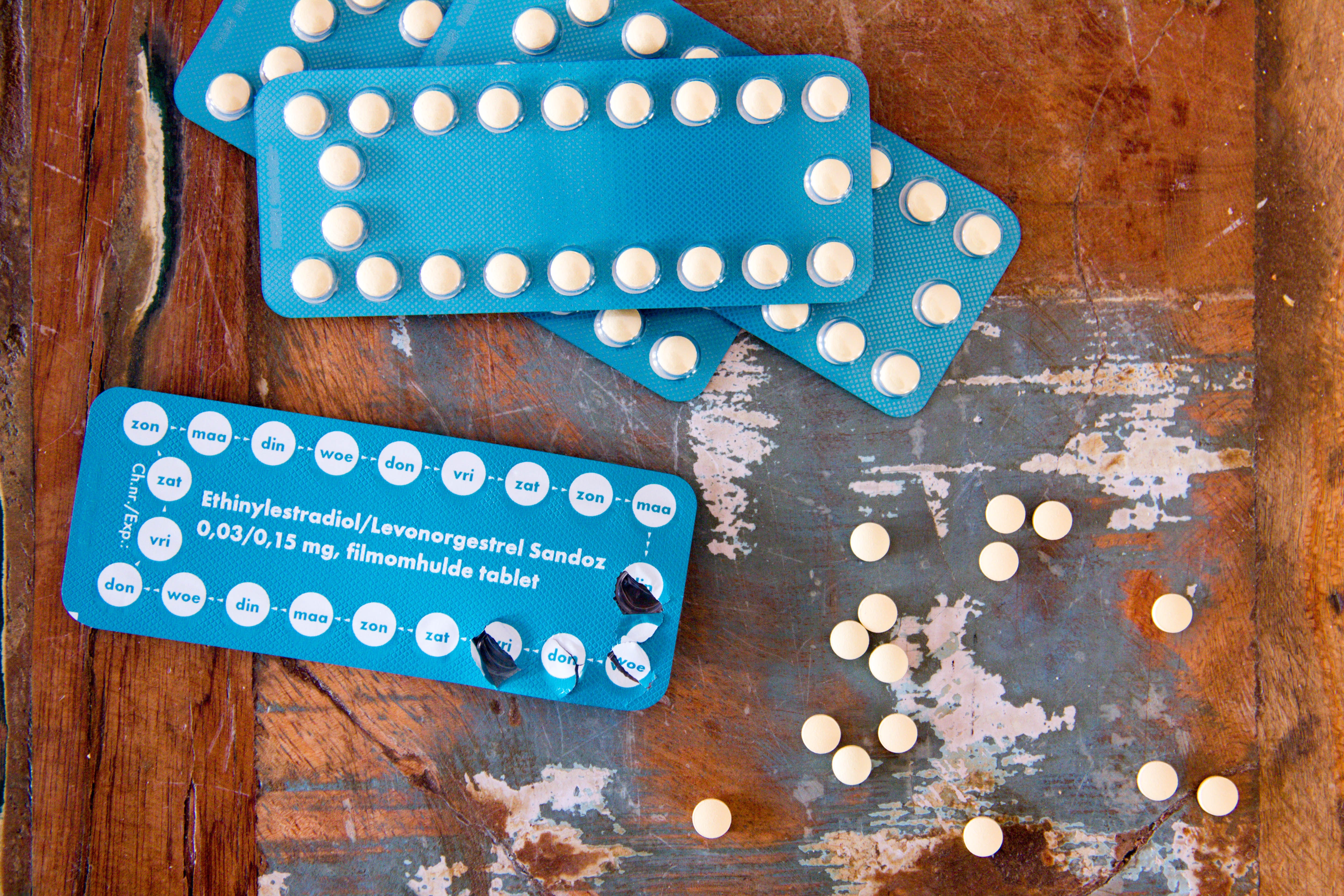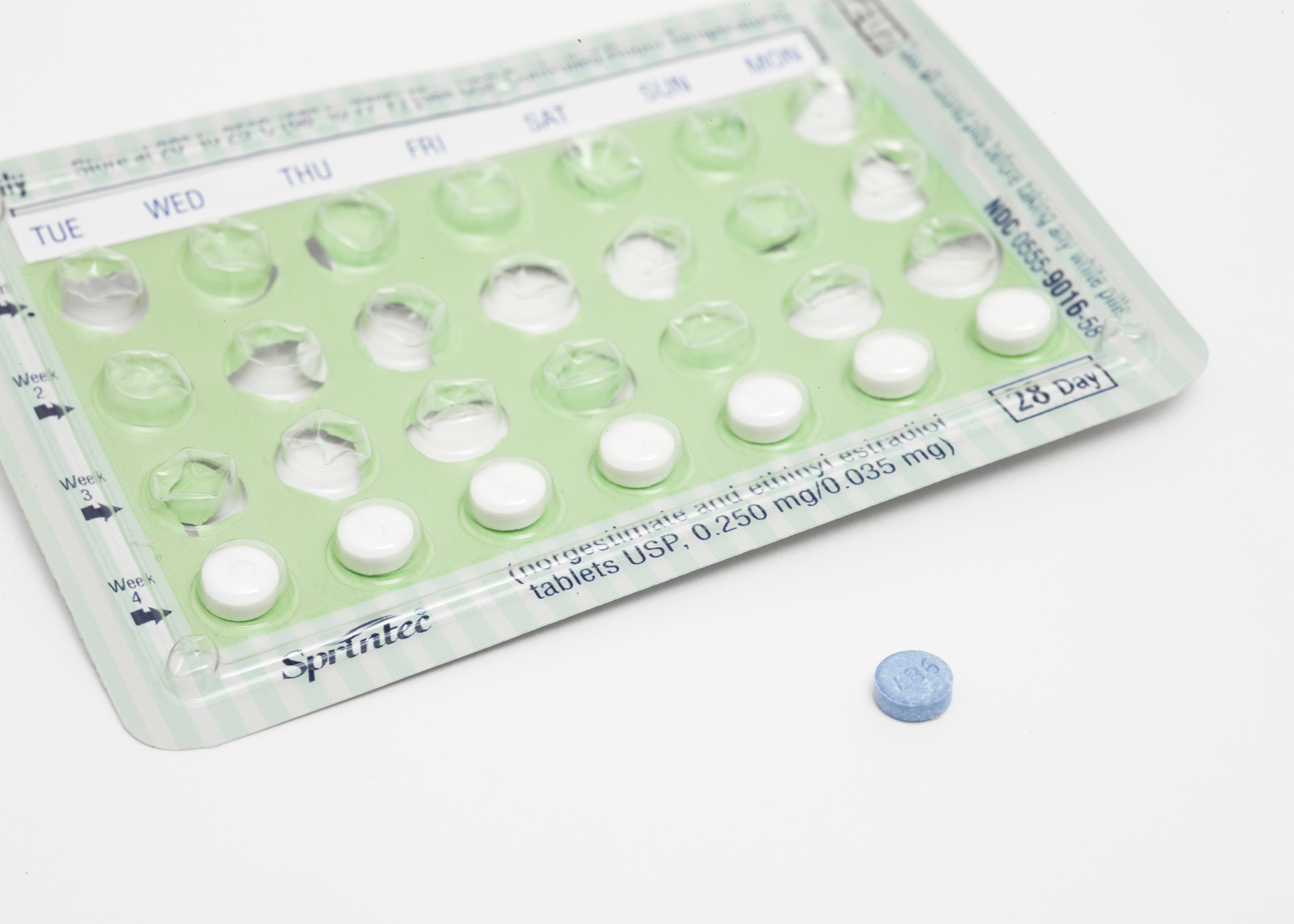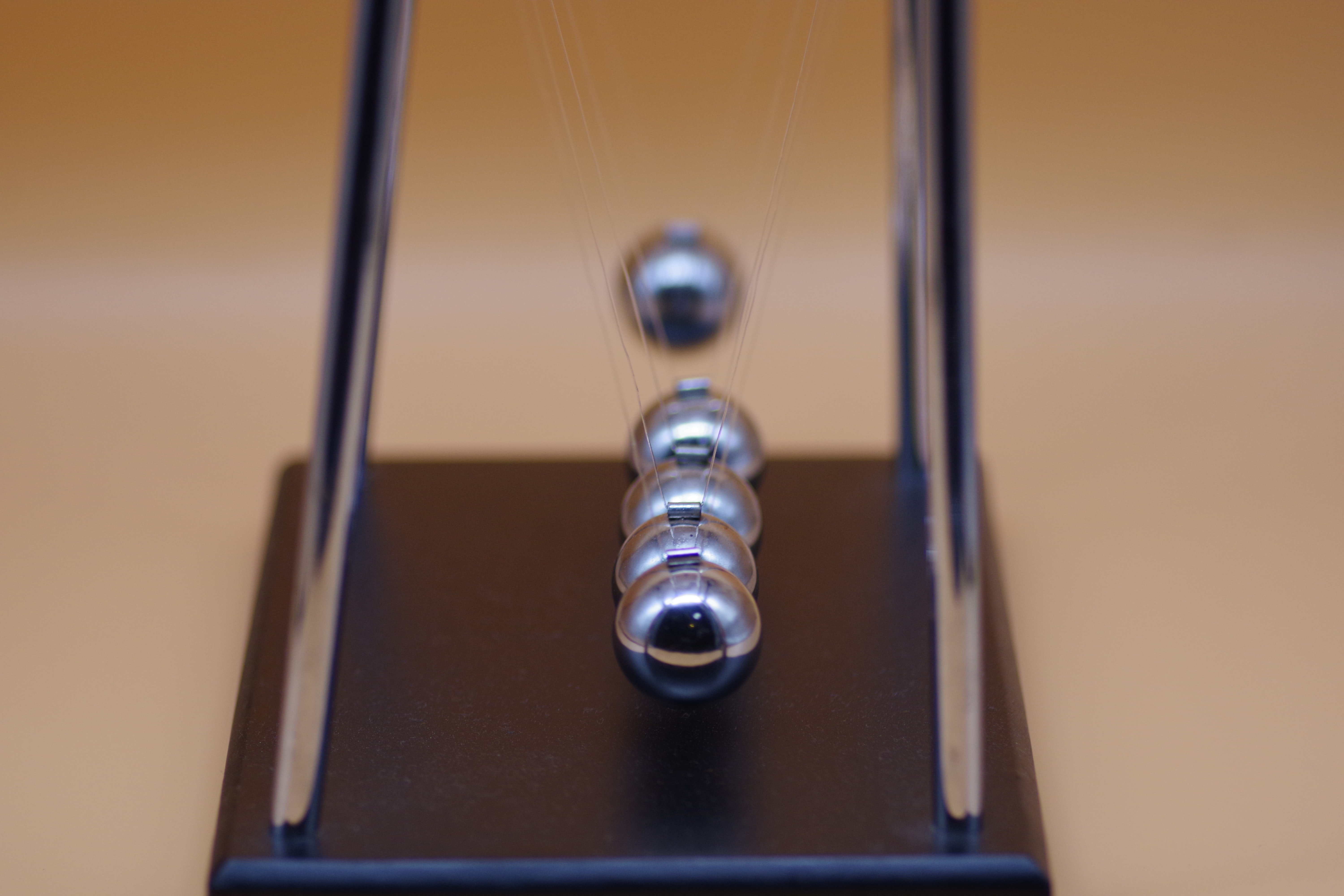3 Ways Hormones Can Cause Anxiety
Here we will discuss three different ways hormones can cause anxiety. We will look at too much of certain hormones, too little of certain hormones, and the impact of birth control on anxiety. We will also look at how the different male and female hormones affect mood and how to balanced them to to create more mood stability.
This article is specifically referring more to female hormones. We will look at how they change throughout her menstural cycle and throughout the her life in general. Generally speaking, estrogen and testosterone are stimulating while progesterone is calming. So we will look at how these levels change in the different scenarios referenced. This topic is centered around the question of whether or not hormones can cause anxiety.
The short answer is they can and the more nuanced answer is what follows.
Hormones, Mood, and Anxiety
The first thing that comes to mind with this from a physiological standpoint is how hormones can affect your brain, your nervous system as a whole, and by default your mood. Specifically the hormones we are referring to are the female and male sex hormones like estrogen, progesterone, testosterone, pregnanalone, and DHEA. These hormones can be attributed to female and male differentiation in their sex characteristics. They act like mood stabilizers and can balance out some of the highs and lows that one might experience from time to time. That said they're not equal in their ability to do this. Some of them are more stimulating and some of them are more calming. This is where the term hormone imbalance comes in.
Too much or too little of certain ones can have a negative impact on your mood leading to more instability and potentially anxiety. What we're not referring to are hormones like cortisol, thyroid, and other non-sex hormones. We want to look at three different scenarios where this imbalance might take place and how it manifests.
Too Much Hormones Can Cause Anxiety
First let's look at too much. Of course, too much of anything isn't good by definition. Specifically for females there is something known as estrogen dominance. Estrogen dominance occurs when there is either too much estrogen or too little progesterone. This phenomenon only occurs in female that are ovulating and can often lead to an imbalanced mood. This imbalance is responsible for many of the PMS type symptoms that occur leading up to a woman's menstural cycle. Sometimes this imbalance and symptoms can happen earlier on in the cycle - like during ovulation, you can get little spikes of this as well. These are the two times in the menstural cycle it typically occurs. However, anytime the estrogen levels are much higher than the (relative) progesterone this will lead to more anxiety, irritability, frustration, and things like this. Keep in mind this does not mean they should be equal but in a relative balance.
A lot of times women say they feel like they're a different person for a couple days or sometimes it's more like weeks. Their moods are up and good when the estrogen and progesterone are balanced and down when not. This can be very unsettling especially if you're not tracking it and you don't know what is causing this or why it is happening.
Usually day 1 through 14 there are less symptoms. Then day 14 to the end of the cycle is when there are more of these emotional swings. The closer you get to menses the more the symptoms are peaking or worsening. For some women that's the only time they notice these symptoms. .
It is pretty rare for a women to have too much progesterone unless you are supplementing with progesterone. If it does occur the predicted symptoms would be fatigue and not anxiety. Sometimes women are supplementing with estrogen and or testosterone. These two individually or in combination can lead to anxiety. Testosterone is converted into estrogen in a females (or males) body. So if you are supplementing with testosterone you can artificially create the estrogen dominance picture (noted above). That's why when you are taking testosterone you need to make sure you are checking your levels at specific times throughout the cycle. It's not uncommon for women to need testosterone to support their overall hormone balance as they age. Still too much of it can lead to higher cortisol and anxiety.
Too Little Hormones Can Cause Anxiety
Now let's discuss the role of two little hormones on anxiety. Estrogen and progesterone are like Yin and Yan as they balance each other out. So too little progesterone or too much estrogen are like the same thing in terms of the symptom picture it creates. As a female there are different amounts of estrogen and progesterone you should have at different points in your cycle. You can have really low progesterone and normal estrogen or really high estrogen and normal progesterone.
Both are a problem and can lead to anxiety. When this is occurring you might want to help your body eliminate some of the estrogen or support progesterone.
As women get older they can have too little estrogen in general along with too little progesterone. This can also lead to anxiety and can lead to fatigue, foggy thinking, and difficulty with motivation. Too little estrogen in any scenario whether young or old can be problematic. It is typically not common in younger women unless it is occurring after pregnancy, however.
Menopause and Treatment for Too Little Hormones
Birth Control Hormones and Anxiety
 The last scenario I wanted to discuss is with females taking birth control. Birth control pills mimic the main function of sex hormones but they are not actually bioidentical hormones. That is they are not the same hormones chemically and functionally that a woman's body naturally makes. Instead they are synthetic versions of estrogen and progesterone. The problem with birth control is it has a tendency to raise cortisol levels. There is documented research on this too.
The last scenario I wanted to discuss is with females taking birth control. Birth control pills mimic the main function of sex hormones but they are not actually bioidentical hormones. That is they are not the same hormones chemically and functionally that a woman's body naturally makes. Instead they are synthetic versions of estrogen and progesterone. The problem with birth control is it has a tendency to raise cortisol levels. There is documented research on this too.
Because these birth control pills are very strong hormones, they can lead to higher cortisol levels. l have seen this clinically many times, but it may not happen with all birth control. When women stop the birth control, their cortisol levels will go down. With lower cortisol your stress level and anxiety level will go down too. Keep in mind that not everyone woman will have high cortisol if they're on birth control. It is pretty common from what I see clinically.
This leads into another topic of taking higher amounts of hormones in general. If you're getting pellets or doing some hormone replacement therapy, it can sometimes lead to high cortisol. So be mindful of the relationship of all the hormones. As mentioned hormones have a mood stabilizing affect. So too little of them can can lead to more emotional ups and downs. Really what we are talking about is making sure you have sufficient hormones, making sure they are well-balanced, and making sure there is not too much hormones overall.
Now that you have the three ways that hormones can cause anxiety you should be able to better identify if your hormones are causing anxiety. To make sure your hormone levels are balanced you may need to get some blood testing done. To discuss how we can balance your hormones and determine if hormonal imbalance is causing your anxiety, click on the link below.




















